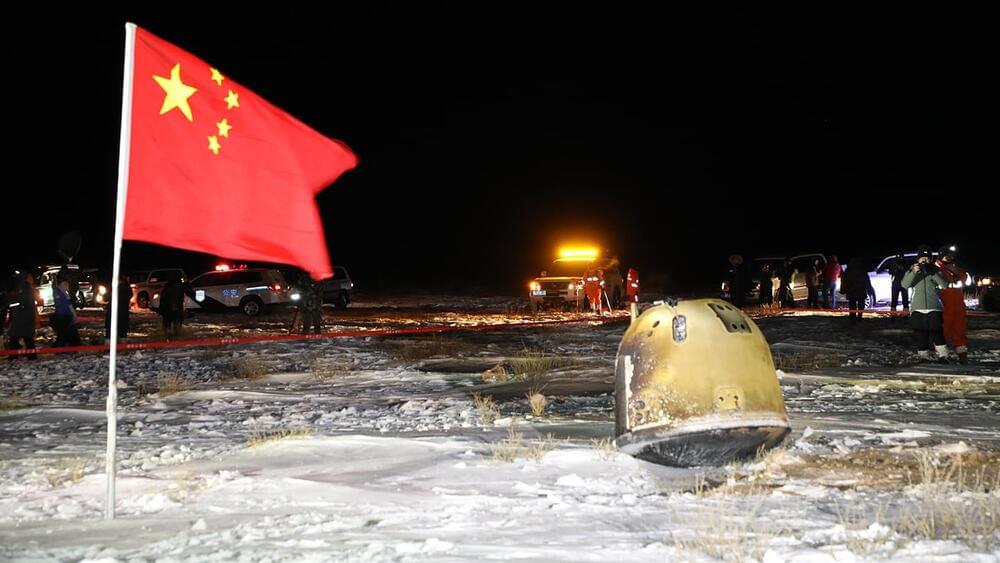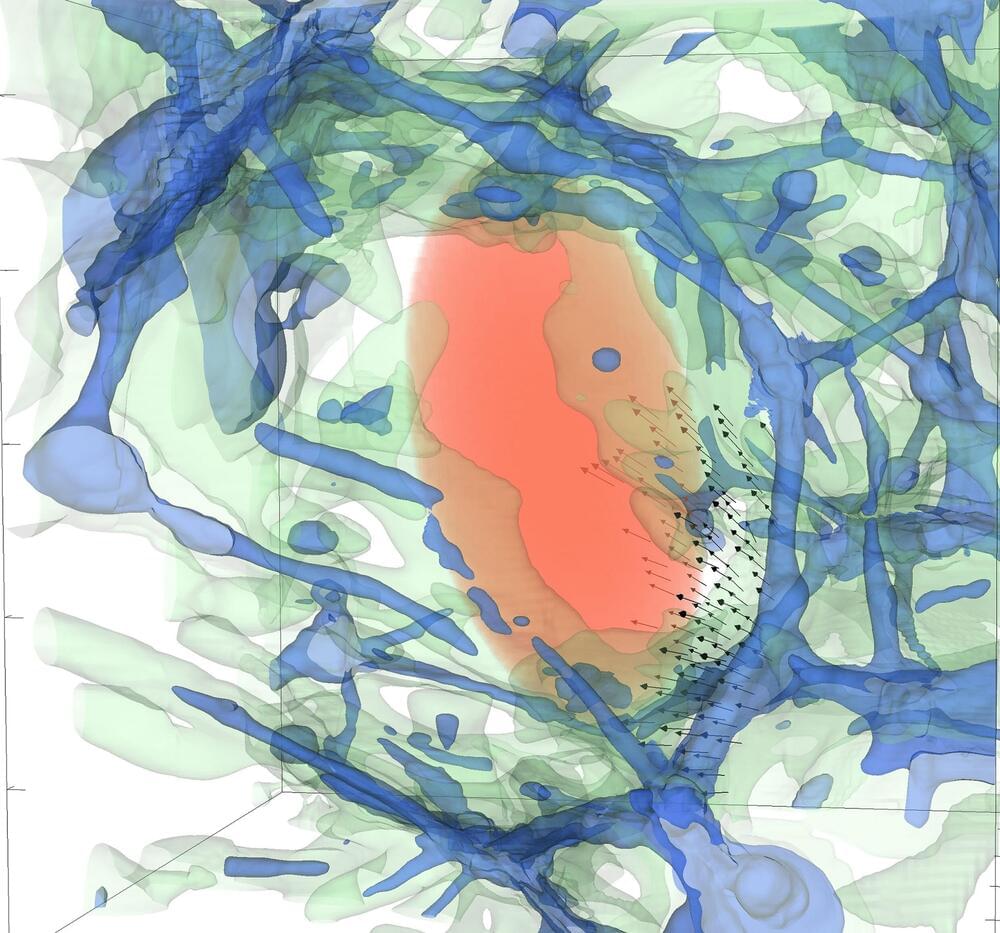Facebook has announced some exciting connectivity technologies that will enable the company to provide access to fast and affordable internet service to the next billion people as well as enhance existing infrastructure projects.
The company said that Facebook Connectivity has helped provide quality internet connectivity to over 500M people since 2013. Now, the company aims to enable affordable, high-quality connectivity for another one billion people at less cost and with greater speed by leveraging emerging technologies.
Commenting on the new connectivity technologies during the unveiling, Dan Rabinovitsj, VP of Facebook Connectivity said: “We have seen that economies flourish when there is widely accessible internet for individuals and businesses.”






